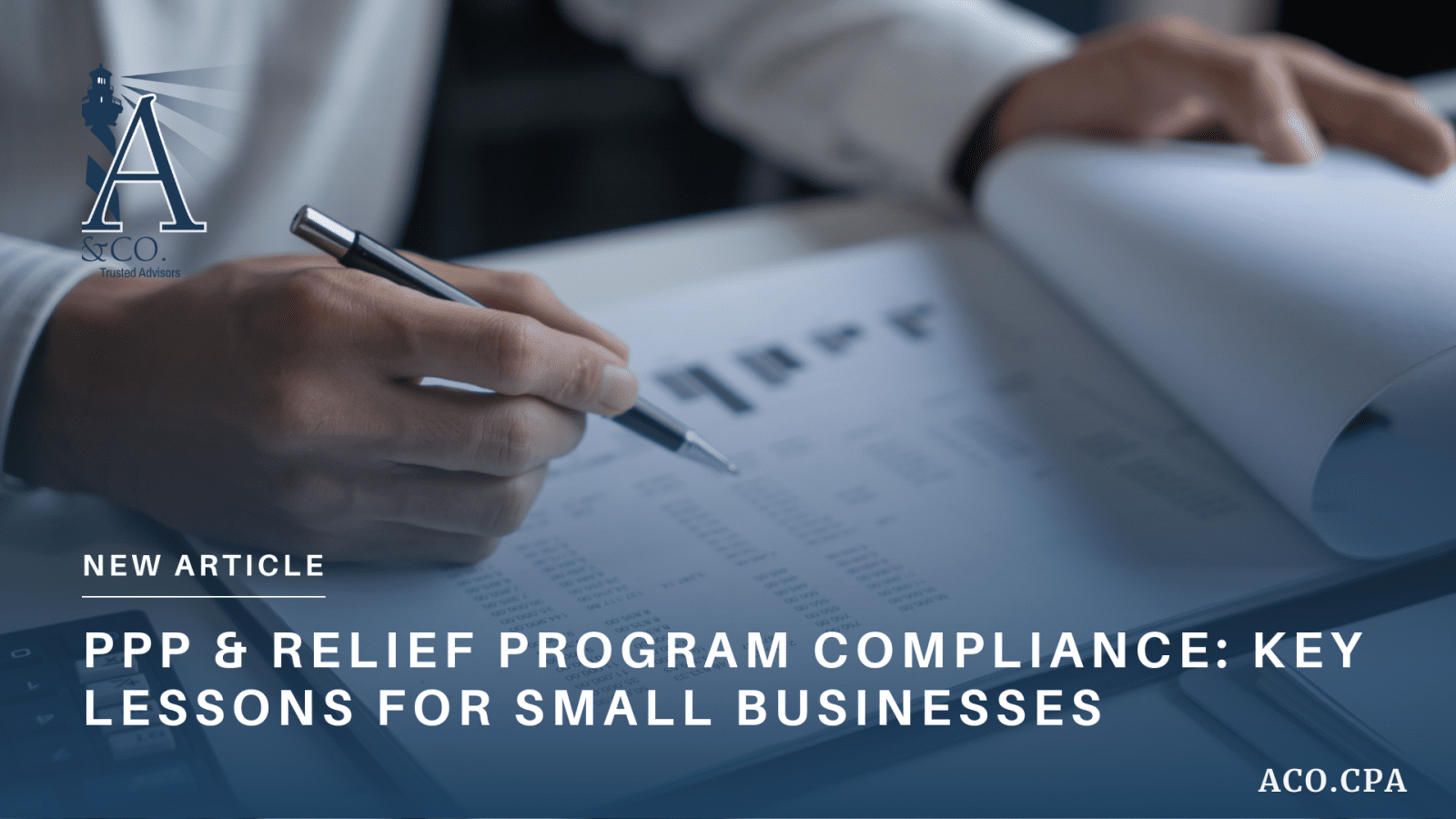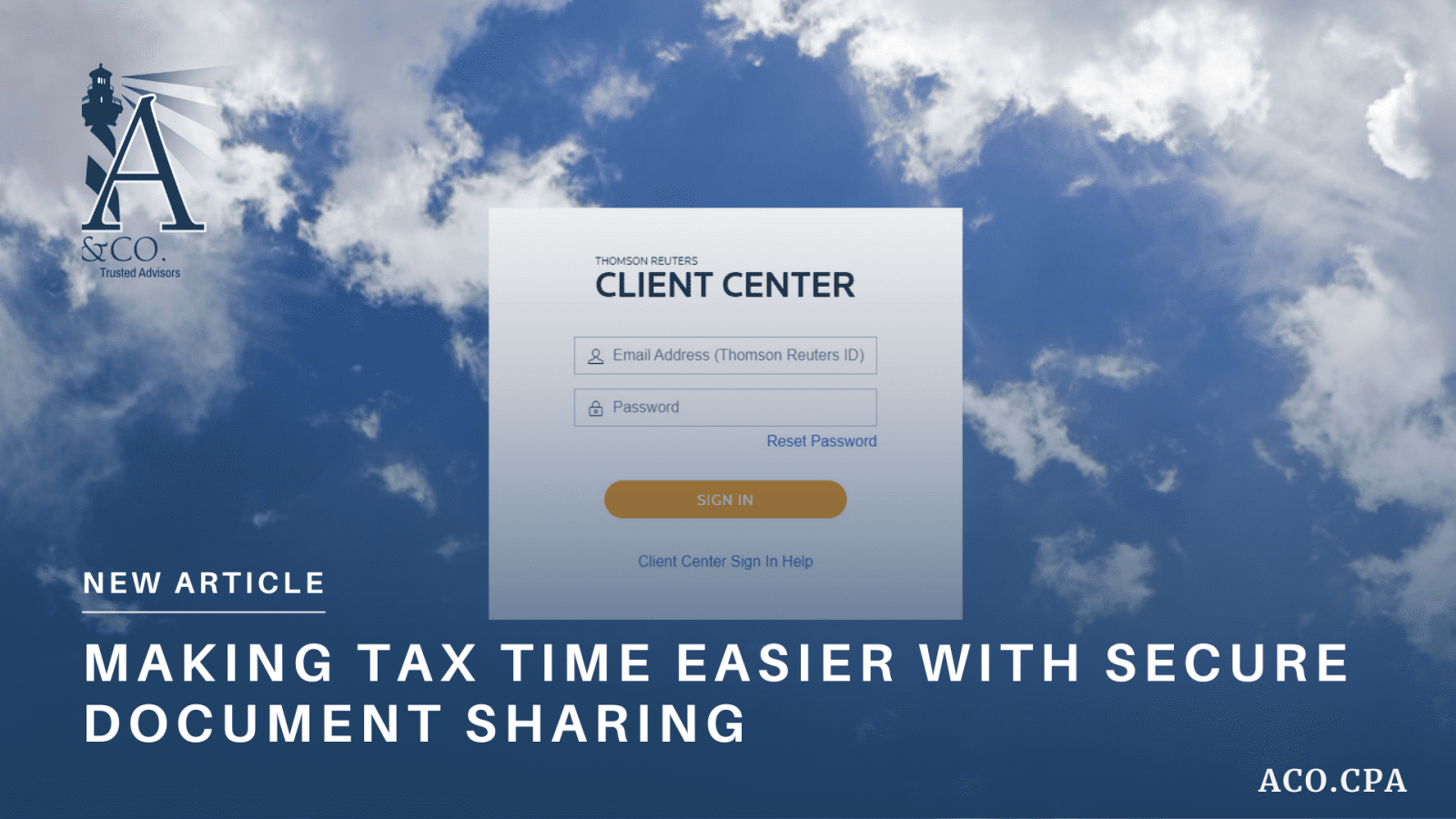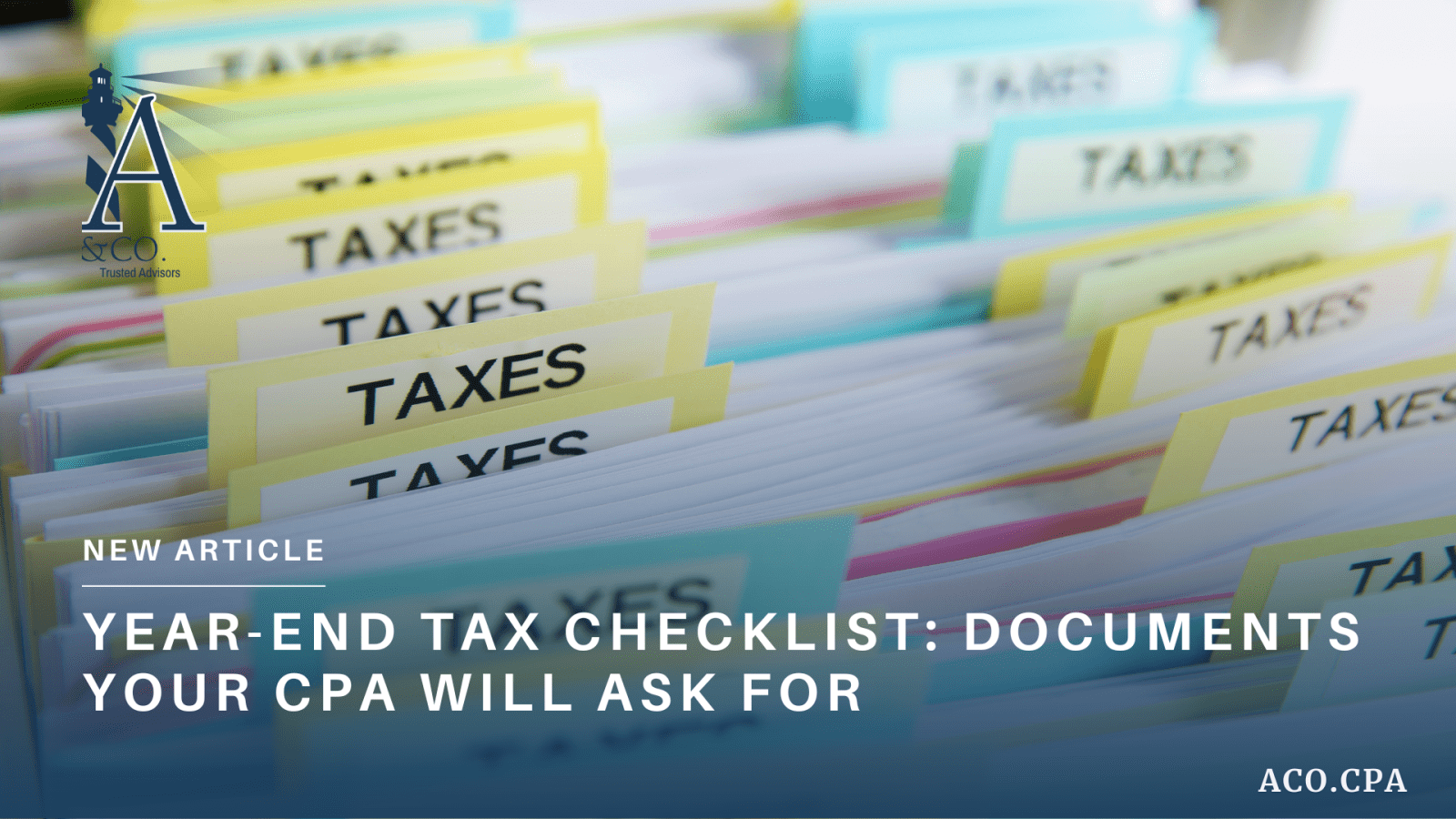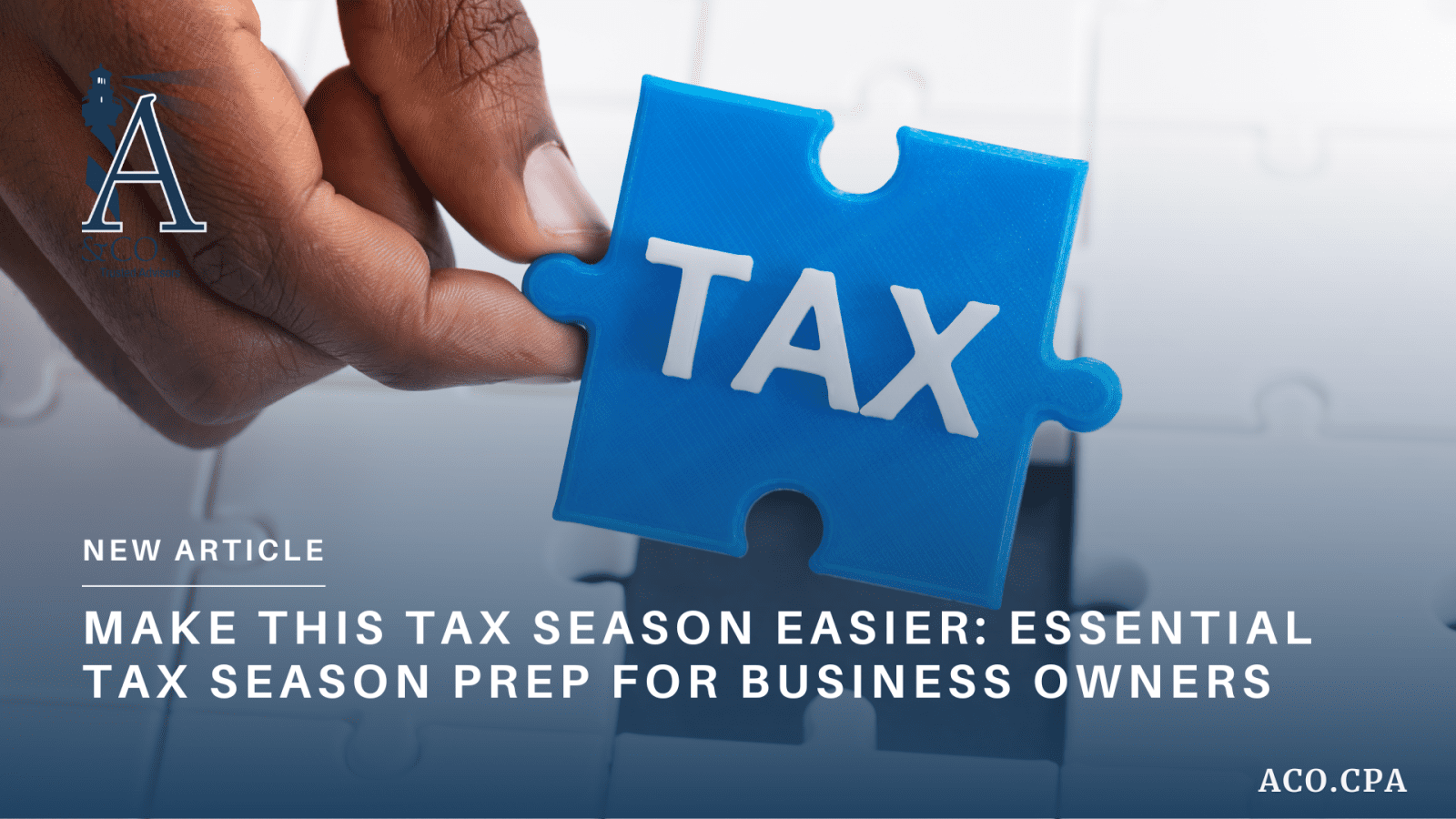Why Collaboration Between Bankers and Tax Firms Matters More Than Ever

In today’s complex financial environment, businesses and individuals face decisions that extend far beyond filing a tax return or securing financing. Strategic growth, cash flow management, compliance, and long-term planning increasingly require a coordinated team of trusted advisors. Among the most impactful of these relationships is the collaboration between bankers and tax professionals. When bankers […]
PPP & Relief Program Compliance: Key Lessons for Small Businesses

Recent news involving a Connecticut accountant sentenced for misusing Paycheck Protection Program (PPP) funds serves as an important reminder for small business owners: government relief programs come with strict rules, and compliance matters long after the funds are received. Keep Detailed Documentation Relief programs like PPP require accurate applications and proper use of funds. Business […]
Understanding Tip Income and Overtime Pay: What You Need to Know

Recent discussions and legislative attention to tip income and overtime pay have raised important questions for both employees and employers. While tips and overtime have long been taxable, increased scrutiny and potential changes in how these earnings are reported and treated for tax purposes make it more important than ever to understand the rules and […]
Protect Your Financial Information: Why Data Security Matters

At Accavallo & Company, protecting your personal and financial information is a responsibility we take seriously. As tax professionals, we handle some of our clients’ most sensitive data—Social Security numbers, bank information, tax returns, and business records. With cyber threats on the rise, strong data security practices are more important than ever. The IRS, state […]
Making Tax Time Easier with Secure Document Sharing

In today’s digital world, technology plays a key role in simplifying the tax preparation process. By using secure tools to share documents and communicate with your accountant, you can help ensure your tax return is prepared accurately, efficiently, and on time. At Accavallo & Company, we encourage clients to take advantage of our secure Onvio […]
Upcoming Q1 2026 Tax Deadlines: What to Know and How to Prepare

As we close out the year and head into tax season, staying ahead of important deadlines is key to avoiding penalties, last-minute stress, and missed opportunities. Each quarter, we share essential tax filing and payment due dates, business compliance reminders, and planning tips to help our clients stay organized and confident. Below is an overview […]
Year-End Tax Checklist: Documents Your CPA Will Ask For

As the year comes to a close, a little preparation now can save time, money, and stress later. Meeting with your tax advisor before year-end is one of the smartest financial moves you can make—but only if you come prepared. Gathering the right documents ahead of time allows your advisor to identify tax-saving opportunities, avoid […]
Maximizing Small Business Deductions: What You Can Write Off—and How to Stay Compliant

For small business owners, knowing which expenses are deductible is one of the most effective ways to reduce taxable income and boost profitability. Still, many owners miss out on legitimate deductions or fail to document them properly—mistakes that can lead to paying more in taxes than necessary or facing challenges during an audit. With the […]
Top 5 Ways the One Big Beautiful Bill Act Benefits Individual Taxpayers in 2025

The One Big Beautiful Bill Act (OBBBA) introduced substantial revisions to the federal tax landscape. While many provisions impact businesses, estates, and specialized sectors, several key components directly affect individuals filing personal returns in 2025. The following five changes represent the most meaningful areas of taxpayer benefit and should be considered in personal tax planning […]
Make This Tax Season Easier: Essential Tax Season Prep for Business Owners

Tax season doesn’t have to be stressful for your business. With proper preparation, you can help your accountant file your business taxes accurately and on time—without needing an extension. Maintain Your Books Throughout the Year One of the most helpful things you can do for your business is keep accurate records of income and expenses […]


